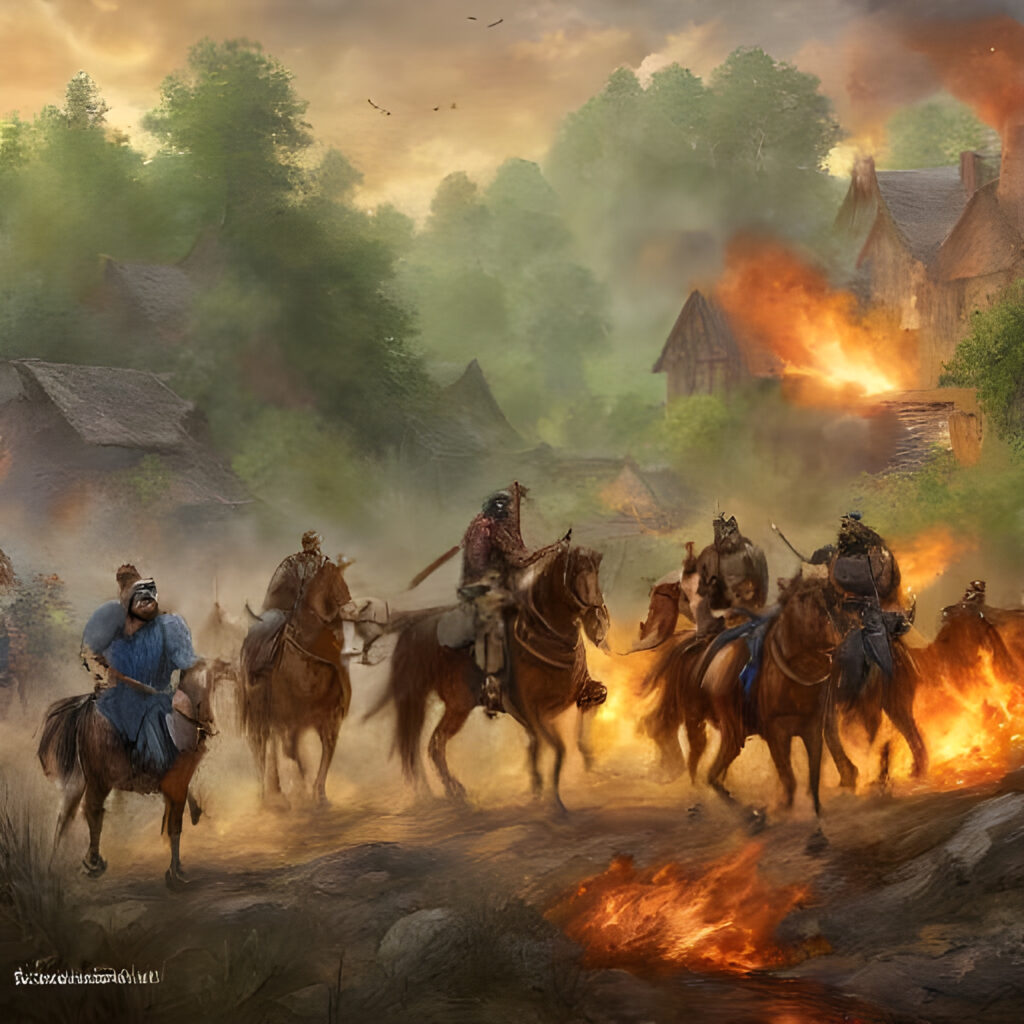The Invasion Hypothesis

The problem with the sources that talk about the arrival of the Anglo-Saxons as an invasion is that almost all of them, barring Gildas, were written hundreds of years after the events which they purport to record. But nevertheless, the story they told, of an Anglo-Saxon invasion that pushed the native Britons west until they were confined to Wales and the West Country, was generally accepted by scholars until recently.
The strongest proponents of the invasion theory were scholars who specialised in place names. The simple fact is that, in what we today call England, there are very, very few place names that derive from the language of the Britons. Where names are not English, they come from Norse, reflecting the later Viking settlement in Yorkshire. But if there was still a substantial population of Britons living in areas which Anglo-Saxon warriors had conquered, the expectation is that some of the place names would reflect that. Think of the new Anglo-Saxon lord, riding up to a group of his idling peasants to tell them to cut some logs from the wood to build his new hall. While he wouldn’t deign to learn their language, some form of communication would be necessary and to give orders the use of familiar place names would be the only way of conducting business otherwise the native inhabitants would not know where they were being sent. So by this view, the native Britons must really have been expelled from their lands by the invading Anglo-Saxons.
0 Comments